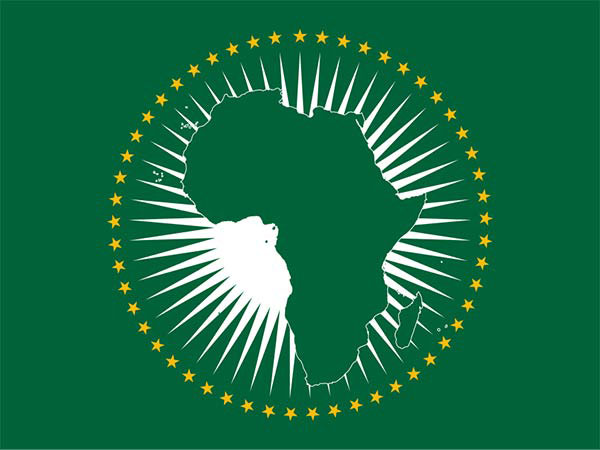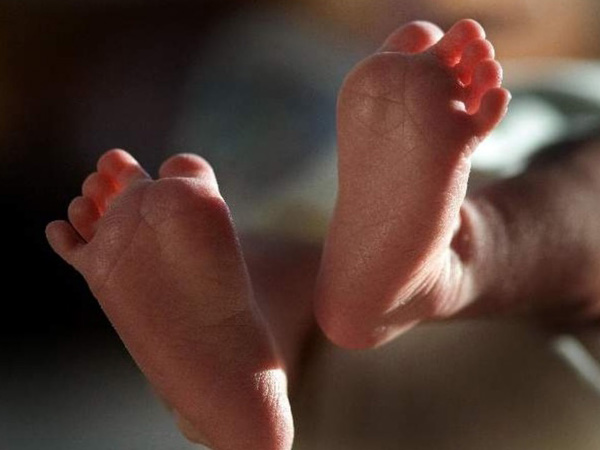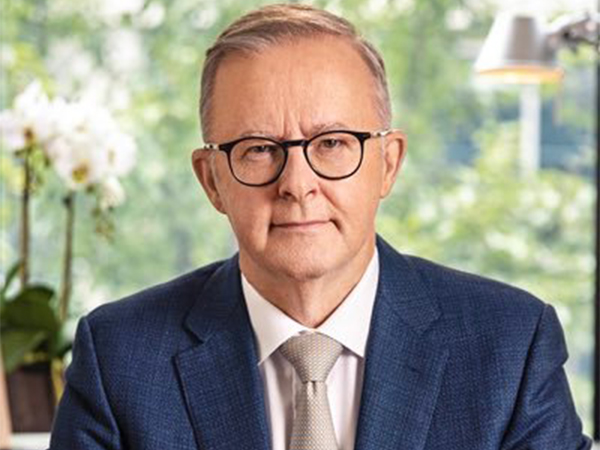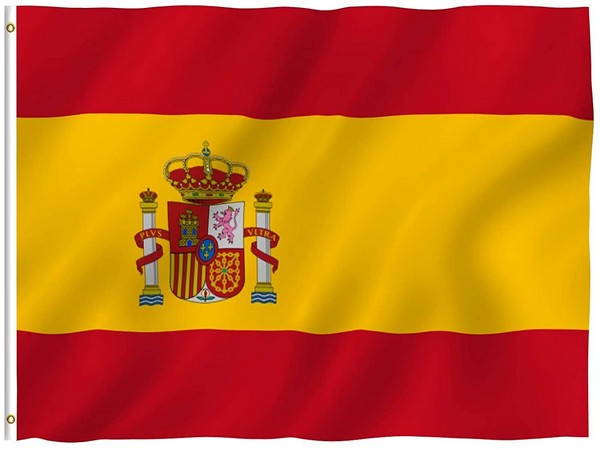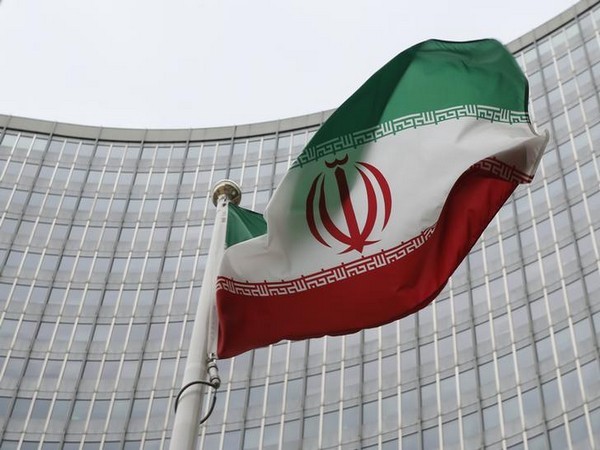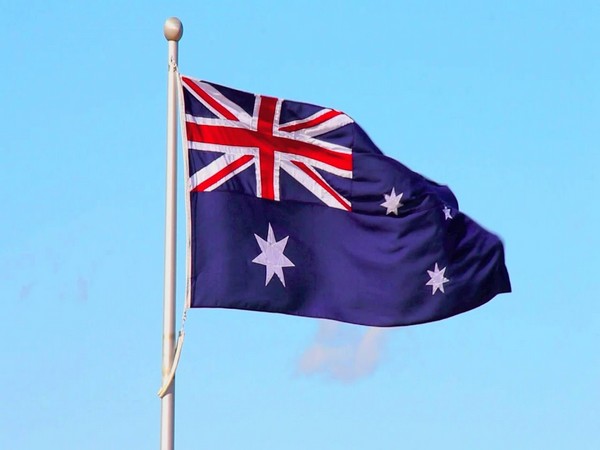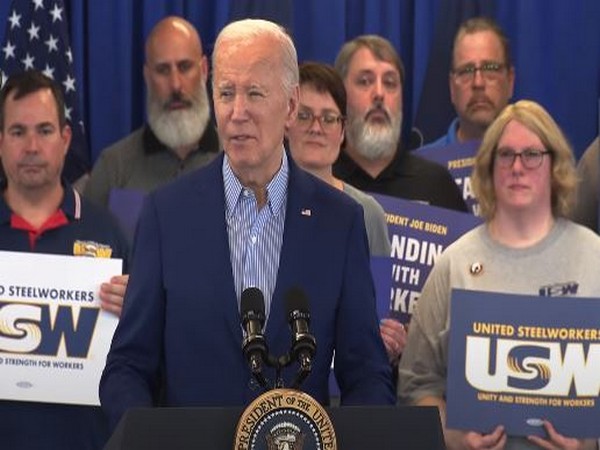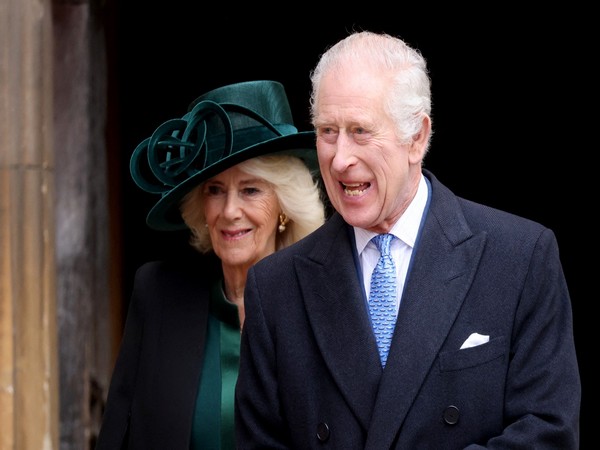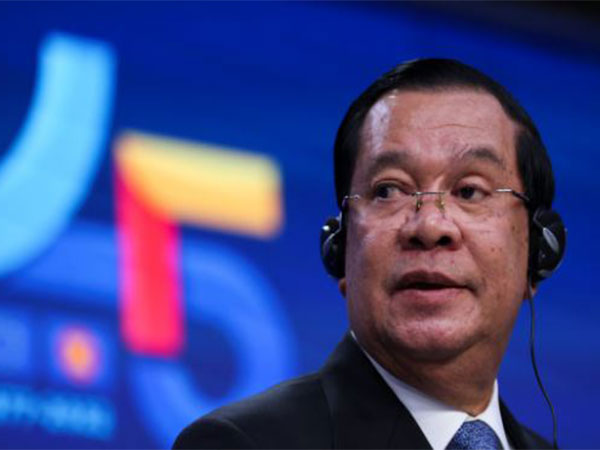
Cambodia's ruling party claims victory in one-sided election
Jul 24, 2023
Phnom Penh [Cambodia], July 24: Prime Minister Hun Sen's Cambodian People's Party (CCP) declared victory in a general election on Sunday, in which it ran virtually unopposed.
"We've won in a landslide...but we can't calculate the number of seats yet," said SokEysan, CPP spokesman said.
"The Cambodian people won't let the cheating groups destroy the country," Hun Sen said in an apparent reference to opposition groups.
Even before Sunday's poll the CCP was likely to hold on to all 125 seats in the lower house. The 70-year-old has ruled since 1985 and is the longest-serving leader in Asia.
The only serious opposition party was disqualified on a technicality and the other smaller parties may not have much chance of winning seats.
Hun Sen has suggested that, in a once-in-a-generation leadership transition, he will soon hand over the reins to his son - Hun Manet - during the upcoming five-year term.
The CCP's spokesperson said that it was "very clear" that Hun Manet had won a seat in the National Assembly on Sunday.
Over 9.7 million people are able to vote in Cambodia's seventh election since independence from France. Voter turnout at 6:00 p.m. local time (1100 UTC) stood at 84%.
Official results are expected within hours.
Camodia's election a 'farce' - opposition
Sam Rainsy, a leading opposition figure, told DW that he expected Cambodia's general election to be a "farce."
"It will be a farce, a sham election," Rainsy said.
Rainsy urged voters to "spoil their ballots" in a bid to "show their support for the opposition."
"If the number of spoiled ballots is very large, it means that the Cambodian people reject the current regime and that they want to vote for the opposition, even though the opposition is not allowed to take part in this election," he said.
Rainsy has been living in exile in France. He claimed that he has received death threats from the Cambodian government.
"I have no means to go back to Cambodia," he said.
Who is Hun Manet?
Hun Manet, the 45-year-old eldest son of Sen, has a bachelor's degree from the US Military Academy, a master's degree from New York University and a Ph.D. from Bristol University in Britain.
Currently, he is the chief of Cambodia's army.
Cambodians do not foresee any immediate shift in policy when power is handed over to Manet. He is part of what is expected to be a broader generational change within the CPP.
"I don't think anyone expects Hun Sen to sort of disappear once Hun Manet is prime minister," said Astrid Noren-Nilsson, a Cambodia expert at Sweden's Lund University.
"I think they will probably be working closely together and I don't think that there is a big difference in their political outlook, including foreign policy," she said.
Suppression of opposition
The Candlelight Party (CP), the only serious opposition party, was disqualified on a technicality in May.
The move came after the CP performed better than expected in last year's local elections and won 22% of the popular vote.
There is not much hope for any of the 17 other small, poorly funded parties to win seats.
Election laws were changed as per Hun Sen's orders in June. Under the new rules, anyone who fails to vote in the upcoming polls will be barred from running for office - a move that will affect exiled rivals.
Stifling freedom of speech
Ahead of the election, freedom of speech has been heavily stifled. The 'Voice of Democracy,' one the last remaining independent news outlets, was shut down earlier this year.
As Hun Sen gears up for a landslide victory, rights groups have widely criticized his methods.
Human Rights Watch said that the election "bears little resemblance to an actual democratic process."
The Asian Network for Free Elections (ANFREL), an umbrella organization of almost 20 regional NGOs, said that the National Election Commission had shown a "clear bias" towards Sen's party.
The group in a joint statement criticized the "shrinking space" for civil society and the "deliberate targeting of human rights defenders."
"The constriction of civic space undermines the active participation of civil society in the electoral process without fear of reprisal," said the statement.
Source: Times of Oman
